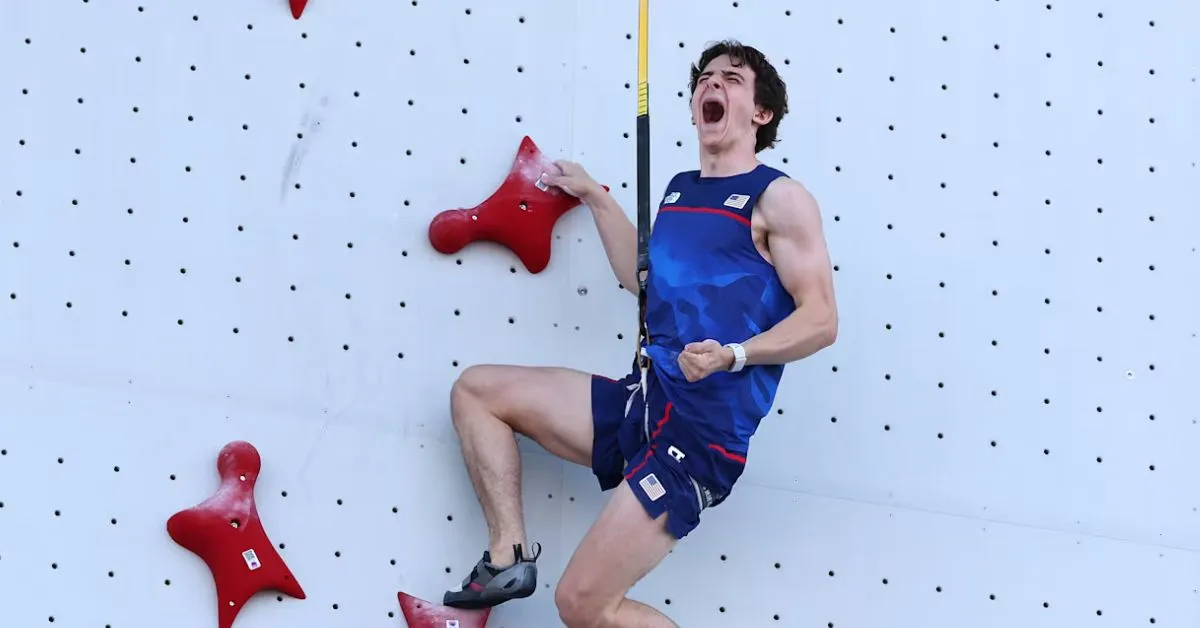The Olympic Sport Climbing event at Tokyo 2020 left many with mixed feelings. While the spectacle was exciting, it was also confusing and seemed to dilute the essence of the sport.
The Tokyo 2020 Experience
Tokyo 2020 introduced Olympic Sport Climbing with a novel format that combined speed climbing with boulder and lead climbing.
This decision led to a convoluted competition that struggled to reflect the true abilities of climbers.
Speed climbing, which focuses on ascending a wall as quickly as possible, was paired with boulder and lead climbing, which are more about technical difficulty.
This combination created a scoring system that many found baffling.
Paris 2024: A New Era for Climbing
Speed Climbing as a Separate Event
One of the biggest improvements in Paris 2024 is the decision to separate speed climbing from boulder and lead climbing.
In Tokyo, speed climbers were required to also compete in boulder and lead events, which is akin to asking a sprinter to compete in a marathon.
This mismatch led to unfair advantages and challenges, as speed specialists, like Aleksandra Mirosław, struggled in disciplines outside their expertise.
In Paris, speed climbers will compete solely for their own medal, ensuring that their skills are fairly evaluated.
Updated Scoring Structure for Combined Events
Paris 2024 also brings a new scoring structure for the combined boulder and lead events. Unlike Tokyo’s system, which used a confusing multiplication of scores from each discipline, the Paris format will simply add up the points based on climbers’ performance in boulder and lead.
This change simplifies the competition and makes it more transparent, allowing spectators to follow along without needing a calculator.
The Impact on Speed Climbers
Restoring Fairness
By separating speed climbing, Paris 2024 provides a fair platform for speed specialists. Athletes like Aleksandra Mirosław will have the chance to showcase their strengths without being overshadowed by their performance in other disciplines.
This separation not only rewards speed climbers more accurately but also allows boulder and lead climbers to focus on their specialties.
Avoiding the Randomness of Tokyo 2020
Tokyo 2020 saw instances where injuries and unexpected results created randomness in the competition outcomes.
For example, Bassa Mawem’s injury in the lead event disrupted the balance of the finals. Paris 2024’s structure reduces such randomness, making the competition more about skill and less about unforeseen variables.
The Evolution of Competition
Improved Understanding for Audiences
The clarity of the new scoring system in Paris 2024 will make the competition more accessible to viewers. While Tokyo’s system was intricate and challenging to follow, the Paris approach simplifies scoring, making it easier for fans to understand and engage with the sport.
This is a crucial step towards making climbing a more mainstream Olympic sport.
Reflections on Tokyo 2020’s Structure
Tokyo 2020’s format, while innovative, had its flaws. The combination of events and the resulting scoring system often seemed to undermine the true nature of climbing.
Paris 2024 addresses these issues by refining the format and scoring, reflecting a deeper understanding of the sport’s nuances and athletes’ needs.
